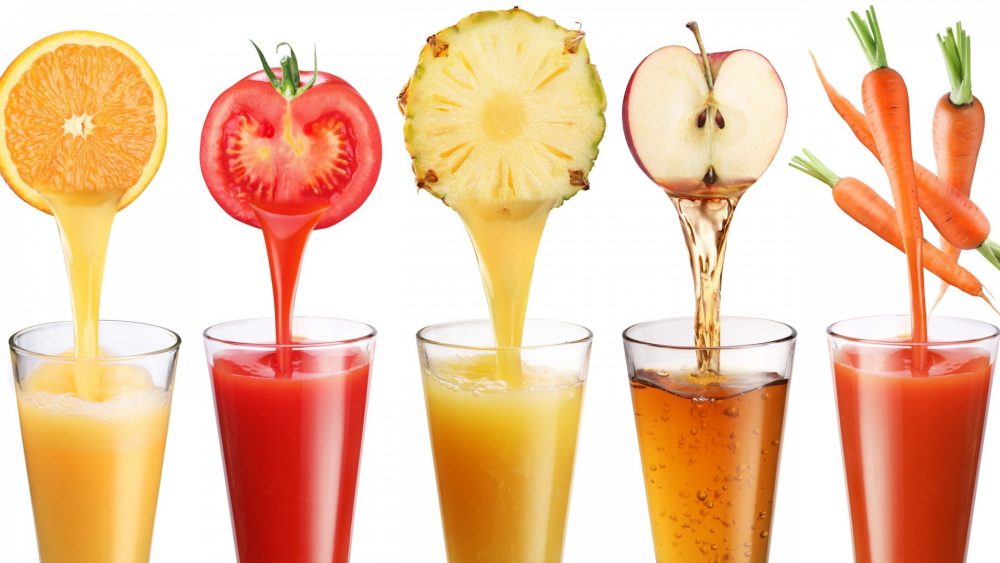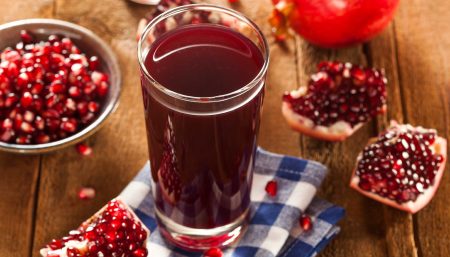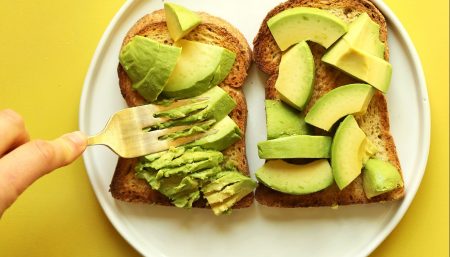|
||
|
|
|
|
|
|
![]() For Asthma :
For Asthma :
Asthmatics can try juice of Apricot, lemon, pineapple, peach, carrot, radish and celery.
![]() For Obesity :
For Obesity :
Lemon, grapefruit, orange, cherry, pineapple, papaya, tomato, beet, cabbage, lettuce, spinach and carrot juice is recommended for managing Obesity.
![]() For managing menopausal symptoms :
For managing menopausal symptoms :
Carrot (7oz), Beet (3oz), Lettuce (4oz), Turnip (2oz) juice is beneficial in managing menopausal symptoms. Pomegranate (4oz) or Cucumber (3oz) juice can also be used I combination with beet and carrot juice.
![]()
 For detox :
For detox :
Wheatgrass juice has been proven over many years to benefit people in numerous ways: cleansing the lymph system, building the blood, restoring balance in the body, removing toxic metals from the cells, nourishing the liver and kidneys and restoring vitality. Wheatgrass Juice is a superiordetoxification agent compared to carrot juice and other fruits and vegetables- 15 pounds of Wheatgrass is the equivalent of 350 pounds of carrot, lettuce, celery, and so forth. Start with one ounce a day with a small amount of water. As you become accustomed, stop the water and work up to 6 ounces of wheatgrass juice a day. Your energy level will be very high. Wheatgrass juice should be mixed thoroughly with your saliva before swallowing. Drink slowly one hour before meals. Wheatgrass juice is a powerful cleanser and may cause nausea, through starting an immediate reaction with toxins and mucus in the stomach.
![]() For Muscle cramps :
For Muscle cramps :
Muscle cramps can be caused due to exertion, inadequate blood flow, imbalance of calcium,sodium, potassium or magnesium, lack of water, involuntary contraction. Juice of beet, celery, carrot, supply sodium, watercress, kale and collard green supply calcium, magnesium is supplied by parsley and collard greens, carrot and kale supply potassium ; spinach, asparagus and carrot supply vitamin ‘E’, and vitamin ‘C’ is supplied by Red pepper, Collard green and Kale.
Precautions :
Certain precautions are, however, necessary in adopting an exclusive diet of raw juices. Firstly, all juices should be made fresh immediately before drinking. Canned and frozen juices should not be used. It will be advisable that one should have one’s own juicer for extracting fresh juices. Secondly, only fresh ripe fruits and vegetables, preferably organically grown, should be used for extraction of juices. Thirdly, only as much juice as needed for immediate consumption should be extracted. Raw juices oxidise rapidly and lose their medicinal value in storage, even under refrigeration. Fourthly, the quality of the juices has a distinct bearing on the results obtained. In case of incomplete extraction of juices, their effective power is proportionately reduced due to the absence of the vitamins and enzymes which are left behind in fibre and the pulp. Finally, if juices are too sweat they should be diluted in water on 50 : 50 basis or mixed with other less sweet juices. This is especially important in some specific conditions such as diabetes, hypoglycemia, arthritis and high blood pressure.
NOTE: These are not recommended during pregnancy or while breastfeeding, and they are also unwise for infants, young children, and the elderly.
Disclaimer
The Content is not intended to be a substitute for professional medical advice, diagnosis, or treatment. Always seek the advice of your physician or other qualified health provider with any questions you may have regarding a medical condition.

 For Arthiritis :
For Arthiritis :


